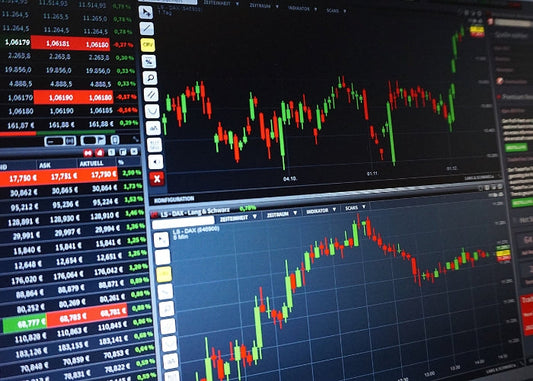What really moves stocks?

When beginners approach stocks they either look for technical analysis or for financial analysis like earnings, cash flow, P/E ratio, balance sheet and so on.
That’s not what moves the stocks. If you want to have conviction in your ideas, you need to know what moves your stocks and position for that change.
In the book “The New Market Wizards” by Jack Schwager, Stanley Druckenmiller said this in response to the question of how he evaluates stocks:
“When I first started out, I did very thorough papers covering every aspect of a stock or industry. Before I could make the presentation to the stock selection committee, I first had to submit the paper to the research director. I particularly remember the time I gave him my paper on the banking industry.”
“I felt very proud of my work. However, he read through it and said, "This is useless. What makes the stock go up and down?" That comment acted as a spur."
"Thereafter, I focused my analysis on seeking to identify the factors that were strongly correlated to a stock's price movement as opposed to looking at all the fundamentals. Frankly, even today, many analysts still don't know what makes their particular stocks go up and down.”
His number one advice? Do not invest in the present. The present does not move stock prices. Change moves them.
Scott Bessent, who was in the team of George Soros and Stanley Druckenmiller once said "People always forget that 50% of a stock’s move is the overall market, 30% is the industry group, and then maybe 20% is the extra alpha from stock picking. And stock picking is full of macro bets."
He then added "When an equity guy is playing airlines, he’s making an embedded macro call on oil. Everything has a macro bet. If you're buying a farming company, it's exposed to soybean/wheat/corn prices etc.”
As a very simple example, below you can see the correlation between crude oil and Chevron stock. In the big picture, the stock's price movement is highly influenced by crude oil prices.

Overall, this type of approach is called "top down". This doesn't mean that you should completely disregard a stock's fundamentals as idiosyncratic risk is always present, but it shows that in the bigger picture macro forces are what really matters.
暂无评论
主页
特里夫
TriveHub





0条评论